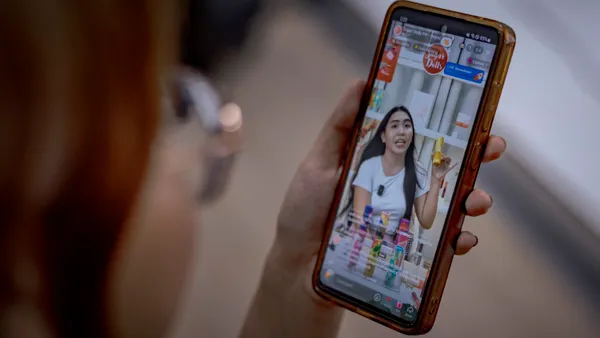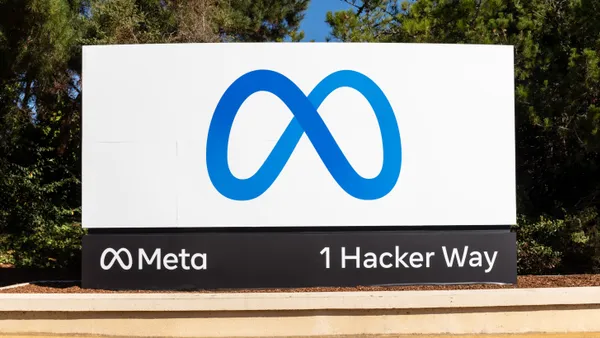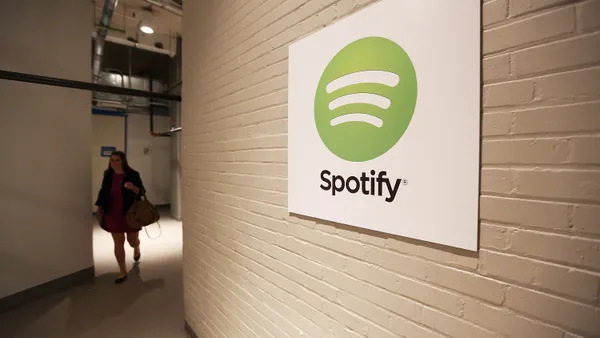Quick Facts
Taco Bell
-
Founded:
March 21, 1962
-
Locations:
7,000
-
Yum Brands CEO:
Greg Creed
Mobile is a mainstay menu item for fast food chains eager to connect with millennials. However, while many quick-service restaurants still treat mobile as an add-on tactic in 2017, Taco Bell stands apart by integrating mobile into its strategy from the beginning. This approach has resulted in breakthrough efforts that reach millennials when and where they are most likely to be looking for a quick meal.
At the same time, mobile helps Taco Bell reinforce its positioning as a quirky, value-driven lifestyle brand for millennials evident by the chain offering weddings at a Las Vegas location and enabling fans to book a reservation online for a variety of special events.
"The customer experience [Taco Bell is] delivering is really, I think, as good as you’ll find in the marketplace," parent company Yum Brands's CEO Greg Creed said during a call with analysts late last year. "They're obviously trying to make — this is becoming an incredibly culturally relevant brand. I think being a part of a millennial culture is what's really driving this performance."
Becoming a part of millennial culture
The commitment to mobile is evident even as Taco Bell, like many major brands in 2017, is pulling back on digital investment. While McDonald's and Burger King race to roll out mobile ordering and work out any operational issues that come with it, Taco Bell is taking advantage of the fact that it was the first major QSR to add mobile ordering back in 2014 by looking for ways to make the option a more valuable and seamless experience for customers.
This is becoming an incredibly culturally relevant brand. I think being a part of a millennial culture is what’s really driving this performance.
— Greg Creed, CEO of Yum Brands
A great example of this is "Taco Mode," a test that launched this summer letting Lyft passengers request a stop at a Taco Bell drive-through between 9 p.m. and 2 a.m. The integration, which was in development for a year, drove 3% more late-night visits to Taco Bell. While the promotion was less popular with Lyft drivers, it's still an example of the premium Taco Bell, which previously partnered with Airbnb, puts on partnering with third-party apps where millennials are spending time.
Commitment at the highest levels
This year has also seen Taco Bell put a big emphasis on unique menu items and real-world experiences designed to engage young smartphone users eager to chronicle and share their lives on social media. In May, Taco Bell offered reservations through OpenTable for its Test Kitchen, with only one seating for 32 people available. Reservations through OpenTable were also offered for the launch of the Naked Egg Taco and for National Taco Day.
The chain is leading the way in engaging social media influencers to share food-related content, a popular activity with Instagram users, in particular. For the launch of its Naked Chicken Chalupa, Taco Bell invited Instagram users to locations outfitted with props and bright lights so they could photograph the item. More broadly, Taco Bell has built relationships with micro-influencers and employs culinary specialists to help it develop social media-ready menu items.
The devotion to digital and mobile innovation clearly comes from the highest levels of parent company Yum Brands. In fact, one of the company's other brands, KFC, was recently named Marketer of the Year by Marketing Dive, a sister publication of Mobile Marketer.
Looking Forward
Taco Bell is likely to leverage its growing delivery operation to further boost its mobile strategy. Currently, around 1,000 Taco Bells offer delivery and Yum Brands's Creed recently said the company wants to unleash the growth potential of delivery going forward.














